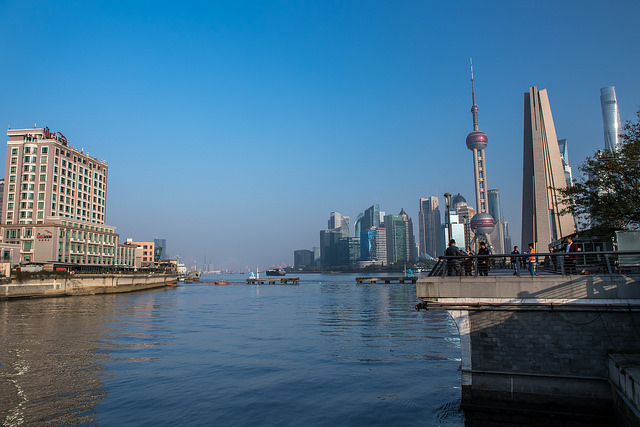Choose or lose, another road to China’s sustainable development

A law and economics analysis of corporate sustainable theories and practices. PhD thesis by Mengxing Lu.
Due to an ongoing series of corporate scandals, which shows a broad spectrum of irresponsible business behavior, the corporate community is facing increasing public criticism, distrust and protest. In order to regain public trust, corporations need to internalize their social and environmental responsibilities (CSR/CER) and implement those throughout their business activities.
Corporate social and environmental responsibility (CSR/CER) can be interpreted as “going beyond mere compliance with mandatory social and environmental standards on a voluntary basis”. In this thesis, the law and economics approach also provides insights into the “strategic CSR/CER hypothesis” and by doing so it indicates that CSR/CER will create substantial added value and hence become a source of increased competitiveness of the related companies. However, as a form of voluntary self-regulation CSR/CER provides serious implementation problems in the market, like the “market for lemons” and a specific “principal-agent problem”.
As a result, there is an increasing trend of introducing more regulation to accompany a thorough CSR/CER compliance and performance, and various endeavors have already been made in regulating CSR/CER at both the international and the national levels. The development of CSR/CER in China is still in an early stage of development but it already became a prominent issue over the last decade at the policy level and in corporate practices. Analysis of this research also proves a vast potential for a CSR/CER contribution to the existing regulation in China, but the implementation of CSR/CER still faces a variety of challenges.
Image by Flickr Asian Development Bank.
PhD thesis by Mengxing Lu
Published on Law Blogs Maastricht
Other blogs:
Also read
-
Content creators, exercising their freedom of expression, may use trade marks in their content in a way that might damage the interests of trade mark proprietors (e.g. use of Nike shoes in a porn movie). How does EU trade mark law address these different interests?
-
The European Patent Convention defines subject-matter that is not eligible for patent protection, such as methods for doing business. However, when implemented by a computer, non-eligible subject matter becomes eligible for patent protection. Is this desirable?
-
Only a short drive from Maastricht, border stones still mark the borders of Neutral Moresnet, a small condominium that was the result of a very peculiar round of border negotiations and for over a hundred years was a tax haven, a gambling paradise and a would-be Esperanto state.


